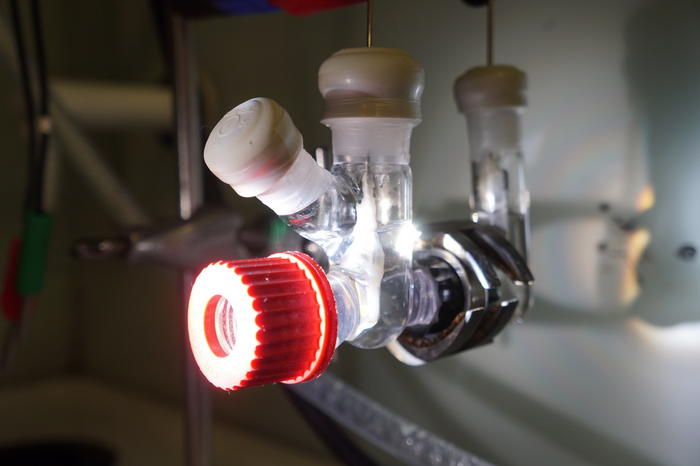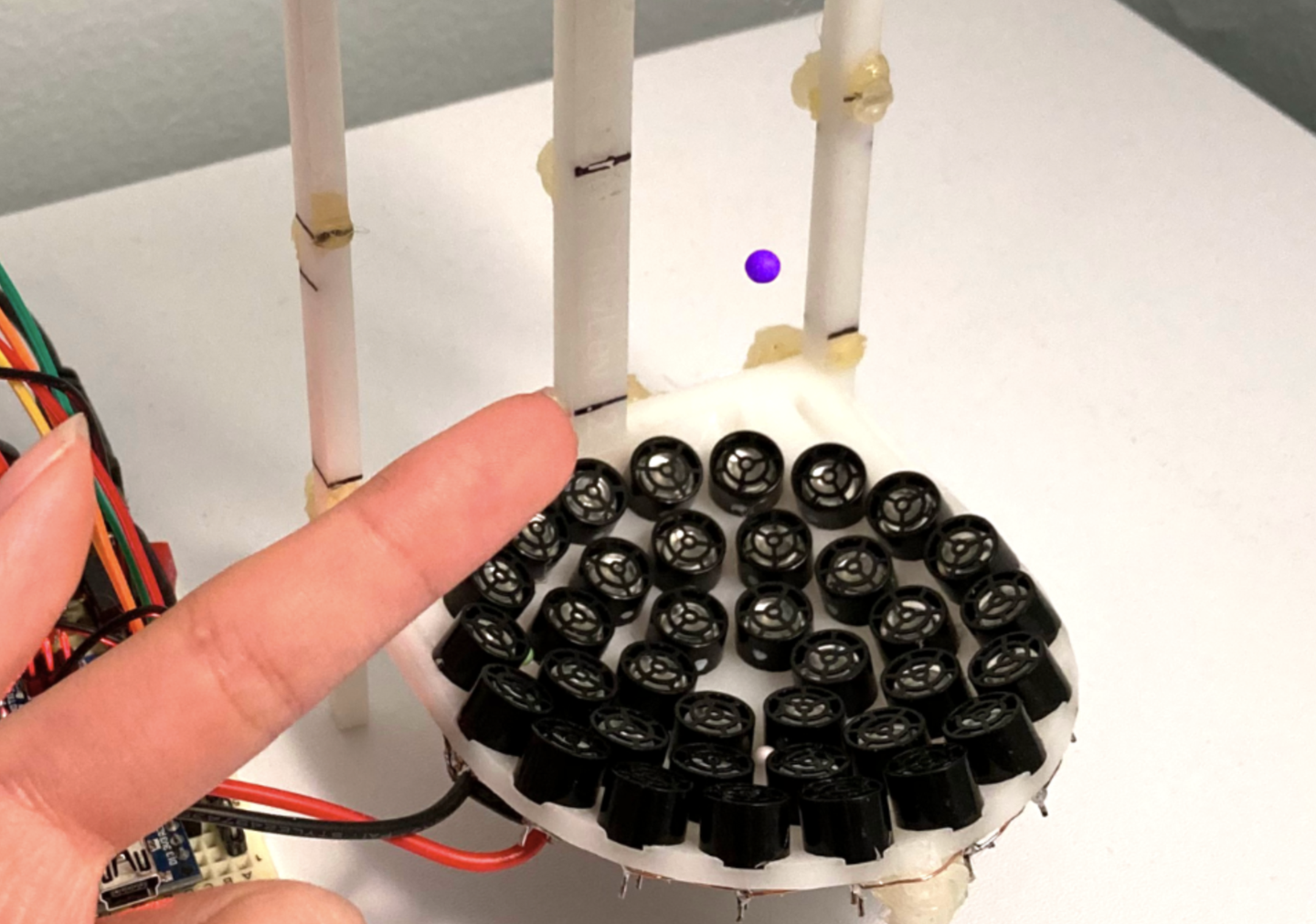Solar reactor converts greenhouse gases and plastic waste into sustainable fuels
This technology is a game-changer in the development of a circular economy as it addresses two of the biggest threats facing the world.

[Mar. 21, 2023: Staff Writer, The Brighter Side of News]
Solar-powered reactor for converting plastic and greenhouse gases into sustainable fuels (Credit: Reisner Lab)
Researchers from the University of Cambridge have developed a revolutionary solar-driven technology that can convert plastic waste and greenhouse gases into sustainable fuels and other valuable products using just the energy from the Sun.
This breakthrough technology is a game-changer in the development of a circular economy as it addresses two of the biggest threats facing the natural world: plastic pollution and greenhouse gas emissions. The results are reported in the journal Nature Synthesis.
The system developed by the Cambridge team converts two waste streams into two chemical products at the same time – the first time this has been achieved in a solar-powered reactor. In tests, carbon dioxide (CO2) was converted into syngas, a key building block for sustainable liquid fuels, and plastic bottles were converted into glycolic acid, which is widely used in the cosmetics industry.
The system can be easily tuned to produce different products by changing the type of catalyst used in the reactor.
Related Stories
“Converting waste into something useful using solar energy is a major goal of our research,” said Professor Erwin Reisner from the Yusuf Hamied Department of Chemistry, the paper’s senior author. “Plastic pollution is a huge problem worldwide, and often, many of the plastics we throw into recycling bins are incinerated or end up in landfill.”
The Cambridge team developed an integrated reactor with two separate compartments: one for plastic, and one for greenhouse gases. The reactor uses a light absorber based on perovskite – a promising alternative to silicon for next-generation solar cells. The team designed different catalysts, which were integrated into the light absorber. By changing the catalyst, the researchers could then change the end product.
Tests of the reactor under normal temperature and pressure conditions showed that the reactor could efficiently convert PET plastic bottles and CO2 into different carbon-based fuels such as CO, syngas or formate, in addition to glycolic acid. The Cambridge-developed reactor produced these products at a rate that is also much higher than conventional photocatalytic CO2 reduction processes.
Overview of the PEC set-up demonstrating CO2-to-fuel production coupled with plastic reforming. (CREDIT: Nature Synthesis)
“Generally, CO2 conversion requires a lot of energy, but with our system, basically you just shine a light at it, and it starts converting harmful products into something useful and sustainable,” said Dr Motiar Rahaman, co-first author of the paper. “Prior to this system, we didn’t have anything that could make high-value products selectively and efficiently.”
The researchers believe that the reactor can be further developed to produce more complex molecules, which will open up opportunities to produce a wider range of high-value products.
Electrochemical analysis of the catalysts. (CREDIT: Nature Synthesis)
“What’s so special about this system is the versatility and tuneability – we’re making fairly simple carbon-based molecules right now, but in future, we could be able to tune the system to make far more complex products, just by changing the catalyst,” said Subhajit Bhattacharjee, co-first author of the paper.
The reactor is a major step towards developing a circular economy, where waste is turned into useful products instead of ending up in landfills. This will significantly reduce waste and provide a sustainable source of raw materials for industries. The researchers say that similar techniques could someday be used to develop an entirely solar-powered recycling plant.
“Developing a circular economy, where we make useful things from waste instead of throwing it into landfill, is vital if we’re going to meaningfully address the climate crisis and protect the natural world,” said Reisner. “And powering these solutions using the Sun means that we’re doing it cleanly and sustainably.”
PEC CO2-to-fuel conversion coupled to PET reforming. (CREDIT: Nature Synthesis)
The potential impact of this technology is enormous, particularly for developing countries where plastic waste management is a major challenge. According to a 2019 report by the World Bank, only 9% of plastic waste generated globally is recycled, while 79% ends up in landfills, dumps or the natural environment. This is a major contributor to plastic pollution and poses a threat to human health.
The research was supported in part by the European Union, the European Research Council, the Cambridge Trust, Hermann and Marianne Straniak Stiftung, and the Engineering and Physical Sciences Research Council (EPSRC), part of UK Research and Innovation (UKRI). Erwin Reisner is a Fellow of St John’s College, Cambridge.
For more green news stories check out our Green Impact section at The Brighter Side of News.
Note: Materials provided above by The Brighter Side of News. Content may be edited for style and length.
Like these kind of feel good stories? Get the Brighter Side of News' newsletter.



